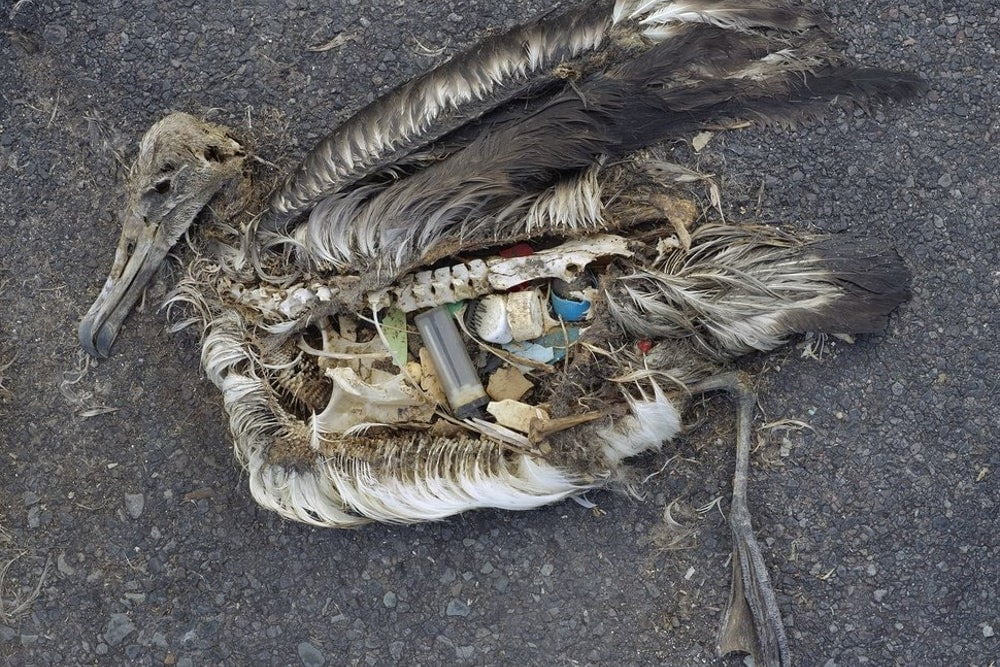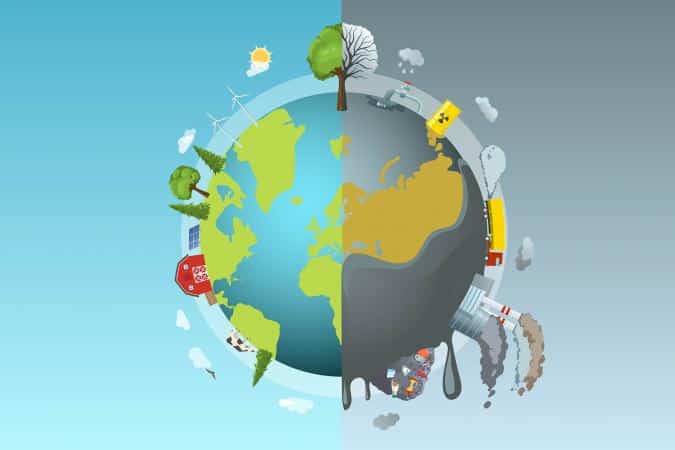The incredible growth in the number of species at risk of extinction that worries biologists is only a reflection of the tremendous transformation that humans have brought about on the planet.
The reality to consider is practical and very raw: life on Earth has been decimated not only in the number of species, but in the living units themselves.
Biomass (the complex of living matter that includes plants, bacteria and animals on the planet) has collapsed ever since humans began to dominate.
“If you look at the total Biomass figure, before man came on the scene it was exactly double what it is today,” says Ron Milo, professor of environmental sciences at the Weizmann Institute of Science in Israel.
The earth's population today has about 8 billion people, but it "weighs" only 0,01% of the total biomass. Yes, we are an incredible minority, almost a nonentity in the economy of life on Earth, but we have done incredible damage.
The foreseeable consequence of this trend is that we are reducing Earth's ability to host and support life: ours too.
Bad news about extinct species
“I think we've gotten to the point where each signal around us could be like a 'canary in the mine': the extinction of any one of the next species could mean that ours is next,” says Aaron Smith, expert mathematician and environmental statistician at the University of Ottawa.
Smith is one of the co-authors of the recent study that showed the death in the past 50 years of 3 billion birds in North America, 30% of the total population.
Previous studies had highlighted the clear correlation between bird welfare and environmental degradation. What is bad for them, it must have been obvious but apparently it wasn't, it's bad for us.

The problem goes far beyond bird life
“They are becoming extinct at faster rates than we have seen in history. You have to go back to the most recent mass extinction to find such a high rate of destruction. We're talking about a 100 to 1000 times faster rate of extinction,” says Kai Chan, professor at the Institute of Resources, Environment and Sustainability at the University of British Columbia and co-author of the UN report.
We have imposed a sick life on the planet
One of the worst implications of our impact on Biomass is that we have altered the type of life the planet can support. First of all with the absurd deforestation that has marked our relationship with agriculture: forests, obviously, bring much more living material to the Earth than soybean or wheat fields.
But the worst blow happened to the animals, between extermination and domestication. Milo estimates that the number of cows, pigs and farm sheep exceeds 20 times that of free mammals on the planet, and the number of captive birds is also higher than that of wild birds.
“We are reducing biodiversity and creating very few very numerous species which, becoming easy targets for pathogenic organisms, pose serious risks to our very survival, because they are real biological time bombs. They could explode at any moment,” says Chan.
The importance of food choices
The situation imposes a responsibility on humans, especially those who live in more industrialized nations. What anyone who is not involved in government decisions can do is first of all improve soil management. Alternatively, pay more attention to what you eat.
Because what we eat, it seems, directly affects the quality of the environment and life on the planet (I also talk about it here).
There is no easy solution to reverse this trend which now seems unstoppable.


